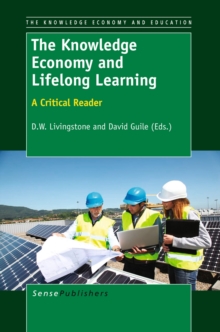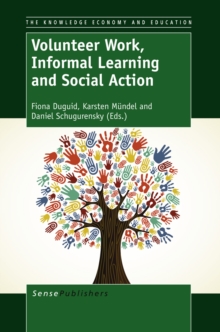
Teacher Learning and Power in the Knowledge Society PDF
Edited by Rosemary Clark, D.W. Livingstone, Harry Smaller
Part of the The Knowledge Economy and Education series
Description
The rise of knowledge workers has been widely heralded but there has been little research on their actual learning practices.
This book provides the first systematic comparative study of the formal and informal learning of different professional groups, with a particular focus on teachers.
Drawing on unique large-scale national surveys of working conditions and learning practices in Canada, teachers are compared with doctors and lawyers, nurses, engineers and computer programmers, as well as other professionals.
The class positions of professionals (self-employed, employers, managers or employees) and their different collective bargaining and organizational decision-making powers are found to have significant effects on their formal learning and professional development (PD).
Teachers' learning varies according to their professionally-based negotiating and school-based decision-making powers. Two further national surveys of thousands of Canadian classroom teachers as well as more in-depth case studies offer more insight into the array of teachers’ formal and informal learning activities.
Analyses of regular full-time teachers, occasional teachers and new teachers probe their different learning patterns.
The international literature on teacher professional development and related government policies is reviewed and major barriers to job-embedded, ongoing professional learning are identified.
Promising alternative forms of integrating teachers’ work and their professional learning are illustrated.
Teacher empowerment appears to be an effective means to ensure more integrated professional learning as well as to aid fuller realization of knowledge societies and knowledge economies.
Information
-
Download - Immediately Available
- Format:PDF
- Publisher:SensePublishers
- Publication Date:18/09/2012
- Category:
- ISBN:9789460919732
Information
-
Download - Immediately Available
- Format:PDF
- Publisher:SensePublishers
- Publication Date:18/09/2012
- Category:
- ISBN:9789460919732










